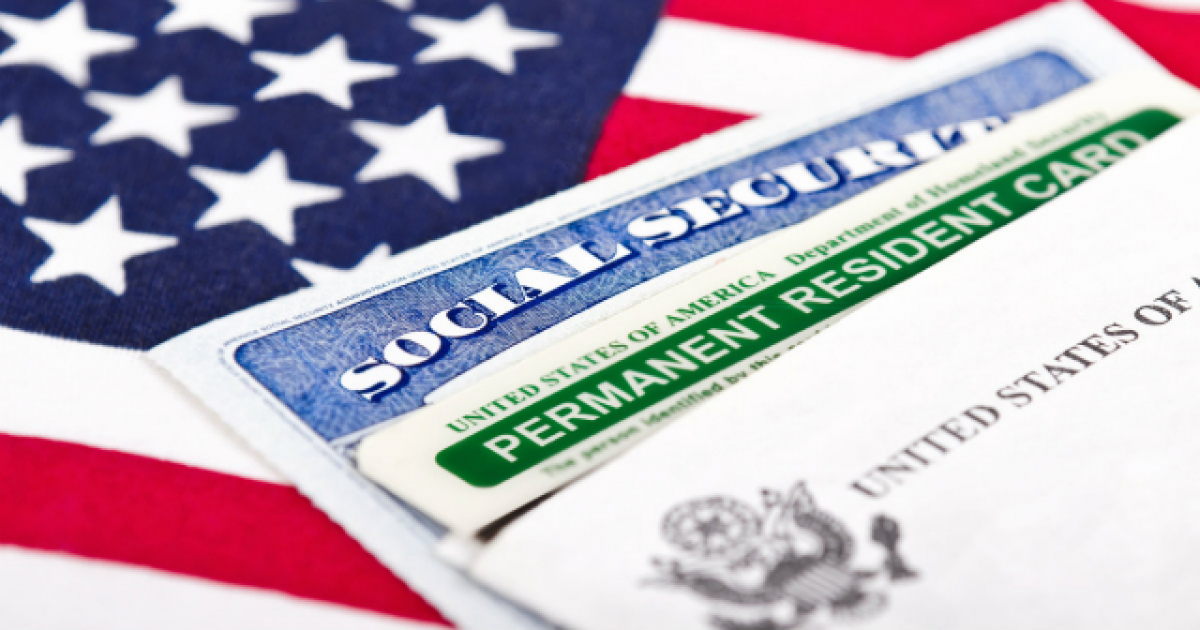
LawyerSantiago A. Alpízar, specialized in immigration issues in the United States, warns Cubans about the dangers of submitting frivolous asylum applications, which could permanently close the doors to immigration benefits in the country.
In a Facebook post, the attorney detailed the serious risks associated with filing unfounded or frivolous asylum claims in the United States.
The asylum application process through Form I-589 is a legitimate path for many seeking refuge and safety. However, some individuals wrongly advised by notaries public and others not licensed to practice law, have submitted applications with false statements, such as alleged protests on dates when they did not even reside in Cuba.
Alpízar warns that this practice not onlydiscredits the asylum seeker but, under US regulations, a request considered frivolous may result in thepermanent ban to receive any future immigration benefits.
These statements by the Cuban-American lawyer coincide with the recent review of immigration policies, especially that related to the I-220A form (Parole Order), which has been an object of confusion and hope for many Cubans.
An article from January 23, 2024, published inCyberCuba, details how eachcase of I-220A is being analyzed individually, and how it is important that migrants have adequate legal representation.
Helawyer José Guerrero, points out that the US immigration administration is conducting an internal review of these cases and advises those affected to request their FOIA file to evaluate whether they have legitimate arguments to reside under the Cuban Adjustment Act.
Claudia Canizares, a Florida-based attorney, emphasizes that not allparole cases are approved, highlighting the disparity in decisions and the importance of being completely honest and personalizing the requests as much as possible.
The intervention of Alpízar and other jurists in the United States, as well as the review of I-220A cases, demonstrate the complexity and seriousness of the immigration situation of Cubans in that country.
It is essential that theasylum seekers, particularly those with complications in their cases, follow Alpízar's advice: individualize your case and retain the services of a competent attorney.
The mission is clear, and lies in avoiding at all costs inadequate legal representations andfalsehoods in asylum applications. By doing so, applicants will not only protect the viability of their immigration process, they will also preserve the integrity of the legal system that offers them hope for a better future.
Amid the uncertainty faced by many Cubans who aspire to improve their immigration situation in the United States, Alpízar's words resonate with a crucial tone of warning.
What do you think?
COMMENTFiled in: